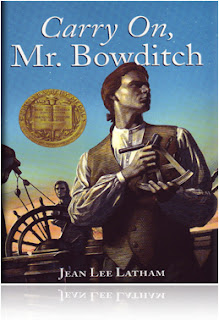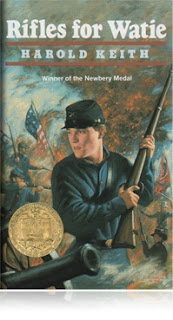We all know that exercise is good for your body. Now research confirms what we've known all along, reading is brain exercise! Neuroscientists and radiologists and humanities scholars have put together a fascinating interdisciplinary study to determine what happens to the brain when you read. It's always been assumed that reading helps develop the parts of your brain associated with executive function (decision making skills). What was surprising about this test, in which participants read sections of Jane Austen novels while laying in a MRI machine, is that blood flow increased not only to the executive function areas of the brain but also other areas showing that reading is good for the entire mind. Additionally, different areas lit up if the subject was reading closely or more casually showing that both types of reading have value. So different areas benefit differently depending on whether the subject is paying close attention or simply reading for pleasure.
As one of the study authors stated: "it's not only what we read – but thinking rigorously about it that's of value, and that literary study provides a truly valuable exercise of people's brains." In an era when the focus on STEM (science, technology, engineering, and math) subjects are given (in my opinion) an outsized importance, it's good to see research that emphasizes the importance of reading. What makes this study so interesting is how it highlights the benefits of rigorous reading. This is important to keep in mind when our children and students complain about the difficulty of a book. Difficult reading becomes easier over time and this science shows why. So, encourage your students to press on in their reading of tougher titles. It's a discipline that will pay off in the long run. Of course, if your student is getting discouraged and wanting to quit reading entirely, peddle back and choose books that she enjoys to balance out the more difficult titles.
On a personal note, I remember being 11 or 12 years old and my mom assigning me Ivanhoe. This was the original. It's a tough read, especially for a youngster. And before the first chapter was over, I was in tears. It was ridiculously detailed (in my young expert opinion, ha!), the author used far too many fancy and long words and there was nothing enjoyable about spending 45 minutes reading
multiple pages that described a shepherd. I wanted to quit. But I was not allowed to and as I tearfully persevered it got easier. Soon I was looking forward to learning more about Rebekah, the Black Night and all the other colorful characters that dance through the pages of Sir Walter Scott's classic. Even now as an adult, if I've spent too much time away from the difficult classics, I know I have to push through the initial shock to my brain and that the reading will become less labored as my brain gets used to a more elevated style of writing.
To read more about the study, click here. And if you've experienced something like this, share below. Or if you have advice for encouraging young readers to tackle more difficult writing, chime in!
As one of the study authors stated: "it's not only what we read – but thinking rigorously about it that's of value, and that literary study provides a truly valuable exercise of people's brains." In an era when the focus on STEM (science, technology, engineering, and math) subjects are given (in my opinion) an outsized importance, it's good to see research that emphasizes the importance of reading. What makes this study so interesting is how it highlights the benefits of rigorous reading. This is important to keep in mind when our children and students complain about the difficulty of a book. Difficult reading becomes easier over time and this science shows why. So, encourage your students to press on in their reading of tougher titles. It's a discipline that will pay off in the long run. Of course, if your student is getting discouraged and wanting to quit reading entirely, peddle back and choose books that she enjoys to balance out the more difficult titles.
On a personal note, I remember being 11 or 12 years old and my mom assigning me Ivanhoe. This was the original. It's a tough read, especially for a youngster. And before the first chapter was over, I was in tears. It was ridiculously detailed (in my young expert opinion, ha!), the author used far too many fancy and long words and there was nothing enjoyable about spending 45 minutes reading
multiple pages that described a shepherd. I wanted to quit. But I was not allowed to and as I tearfully persevered it got easier. Soon I was looking forward to learning more about Rebekah, the Black Night and all the other colorful characters that dance through the pages of Sir Walter Scott's classic. Even now as an adult, if I've spent too much time away from the difficult classics, I know I have to push through the initial shock to my brain and that the reading will become less labored as my brain gets used to a more elevated style of writing.
To read more about the study, click here. And if you've experienced something like this, share below. Or if you have advice for encouraging young readers to tackle more difficult writing, chime in!





















































